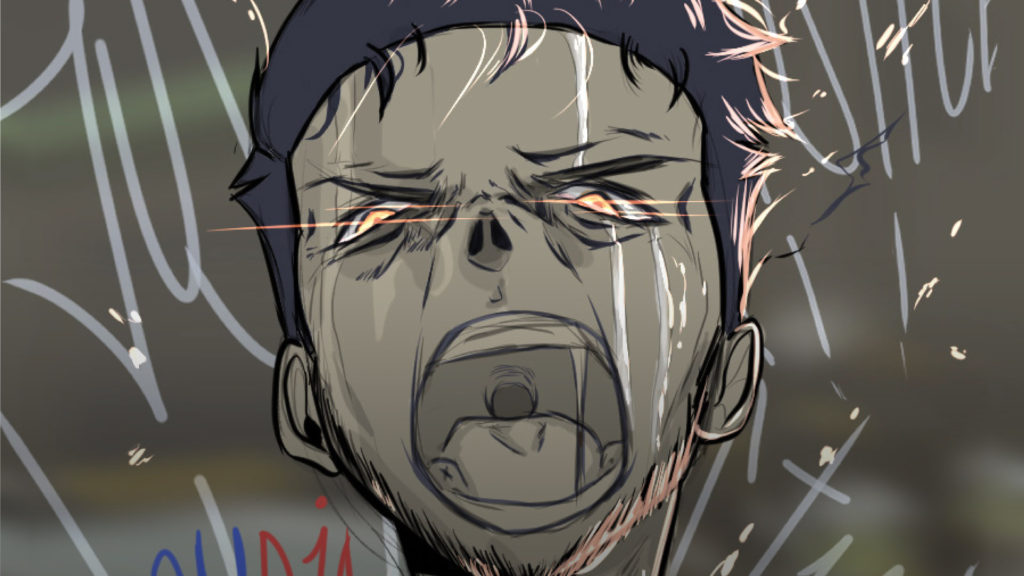Colombians Fighting For Basic Human Rights
More than a month has passed since thousands of Colombians started protesting in the streets of my country, but the anger is not only about increased taxes. It’s because the purpose of the tax increase has continued to exploit the middle class and leave the wealthy unscathed.
Bloodshed has ensued. Although Colombia’s government has only linked 17 civilian deaths to the protests, BBC News has reported the death of more than 50 people.
This is heartbreaking to hear because I was born and raised in Sogamoso, Colombia. My mother and I moved to Miami in 2018 to take advantage of the opportunities offered in the United States, but I have a lot of family members who still live in Colombia.
Not everyone is as blessed to be able to leave the country to concentrate on their studies.

According to a 2021 report by the Colombian newspaper El Espectador, more than 42 percent of Colombians currently live in poverty.
They are taking to the streets every day to protest for every life that has been taken by the police and government, for dignified health reform and for a better education system.
Residente, a Puerto Rican singer, once said in Spanish on an Instagram post: “If people protest and march in the middle of a pandemic, it’s because their government is more dangerous than a virus.”
All of those videos and images that show police brutality at the protests are nothing new. The country’s big cities are now experiencing what the rest of the country has lived for the past 60 years.
The state prosecution has opened eight different homicide cases committed by the police during the protests, but a non-governmental organization documents more than 2,387 cases of police brutality and 43 homicides.
Anger and resentment are so prominent that, according to Datexco—an independent company that specializes in investigating markets and people’s opinions—more than 75% of Colombians agree with the social outbreak.
When it comes to education in Colombia, people aren’t concerned about midterms or having enough credits to graduate but rather how they’ll pay for college in the first place. Or if they’ll be able to practice their career because most professionals in Colombia aren’t able to work in their field of study.
A report by El Espectador showed that one out of every three young people can’t work or study.
The Ministry of Education launched a proposal in 2016 saying that Colombia would be the most educated country in Latin America by 2025. How will we get there in four years if the daily concern of the people is about what they’ll eat during the day?
So for Colombians, it’s simply not profitable to study and young people dream of leaving their country.
The Colombian government needs to start wondering why we’re in the streets and what realistic actions should be taken. They need to think about why students, teachers, journalists and Colombians from all around the world are uniting in protests.
This movement known as El Paro has become a symbol of resistance. Unlike past generations that tolerated abuse from the government, the young people today are fighting for their human rights.
We, the young people, invite Colombia to stop governing the country from behind a desk.




